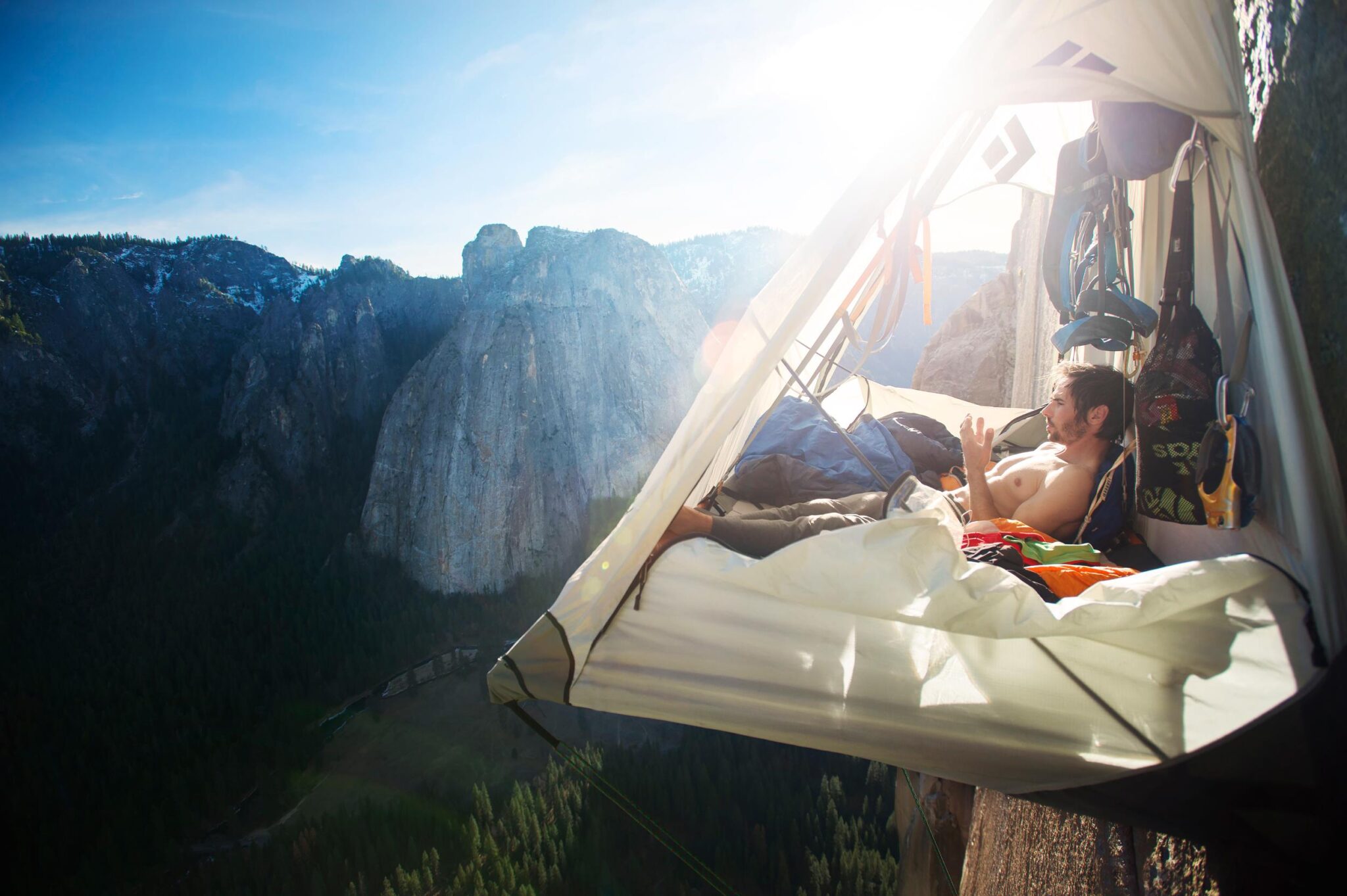A Difficult Rest
- Pete Johnson

Rest is important. Many people have difficulty resting. There are many obstacles to getting good rest. Anxiety, stress, and fear probably top the list for the lack of rest for most folks. Most people relate good rest with good sleep. Yet sleep by itself doesn’t necessarily relate to being rested. According to many physicians, there are seven types of rest that the human body needs. According to Saundra Dalton-Smith MD, these are categorized as such.
- Mental rest: Giving your brain a break
- Sensory rest: Taking time to unplug and reduce our external stimuli
- Creative rest: Doing something you find inspiring to take a break from churning out new ideas
- Emotional rest: Processing your emotions so you don’t have to hold them in, and you’re able to be your authentic self
- Social rest: Spending time alone when other people have drained you
- Spiritual rest: Connecting with something beyond the physical and mental (even if it’s not religious)
- Physical rest: Sleeping and allowing your body to slow down or pause to relax
One of the reasons humans have a hard time resting is not that we don’t have time to engage with these seven types of rest, it is because we don’t know how to be comfortable with “difficult rest.” I would define difficult rest as finding rest in uncomfortable places and situations.
It’s kind of like this. How comfortable would you be having to sleep on the side of a sheer cliff some 2500 feet above the ground? This would be done of course on what climbers call a portaledge (a portable ledge). This is a manmade contraption that is attached to the side of a sheer cliff which becomes the climber’s bed, kitchen, and bathroom. Did I mention that it is not very stable, and can be tossed around by high winds? Because of its unstable qualities, the climbers remain harnessed and tied into climbing anchors that they drive into the cliff wall. How much rest can one really get there? According to many climbers, they find that they rest better hanging off a sheer cliff than in their own beds. Why? It is because they have become comfortable with the difficulty of this kind of rest, which, believe it or not, hits the seven types of rest needed by the human body. I must say that having a fear of heights, would not give me the rest I need, I would be struggling with numbers 1, 2, and 4!
With everything that is happening in the world today, how can the believer find true rest, difficult rest?
The Gospel of Matthew gives these words spoken by Jesus that provide the believer with the ability to have rest in uncomfortable places and situations.
Come to me, all who labor and are heavy laden, and I will give you rest. Take my yoke upon you, and learn from me, for I am gentle and lowly in heart, and you will find rest for your souls. For my yoke is easy, and my burden is light.” Mathew 11:28–30
Resting in Christ doesn’t mean that everything in your life will go as you would like it to go. It doesn’t mean that you will be comfortable all the time, it doesn’t even mean that God will answer your prayer the way you want it to be answered. It’s being comfortable out on that cliff edge, comfortable in that difficulty because you know to whom you are anchored.
“For the which cause I also suffer these things: nevertheless I am not ashamed: for I know whom I have believed, and am persuaded that he is able to keep that which I have committed unto him against that day.” 2 Timothy 1:12, KJV










